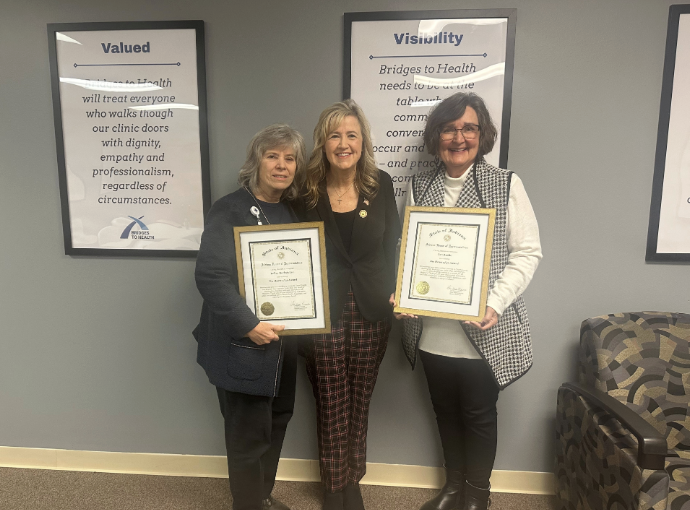Wisconsin Wants You: New Bill Offers Incentives to Move and Fill 150,000 Open Jobs

As Wisconsin faces a growing workforce crisis—with nearly 150,000 jobs currently unfilled—state lawmakers are taking bold, bipartisan action to bring new residents into the state and address a looming demographic challenge.
On Monday, State Senator Patrick Testin announced a new legislative proposal that would create a Talent Recruitment Grant Program aimed at attracting out-of-state families to move to Wisconsin. The initiative, currently circulating for co-sponsorship, seeks to equip local governments, tribal entities, and certain nonprofit organizations with the tools—and funding—they need to recruit new households.
“Because Wisconsin’s population is projected to decline by nearly 200,000 people by 2050, we cannot sit on our hands and expect things to get better,” said Sen. Testin. “This bill is about getting ahead of a serious problem and investing in our future workforce, economy, and communities.”
The proposed legislation allows qualifying organizations to submit detailed proposals to the Wisconsin Economic Development Corporation (WEDC). Proposals must outline plans for recruitment efforts, including matching funds, household relocation goals, cost estimates, and projected economic impact. Grants may be used not only for administering the program and marketing to out-of-state families but also for providing direct relocation incentives.
But it’s not a blank check—recipients will be required to show measurable progress toward meeting their goals in order to receive full funding.
“This investment will not only help our employers, but it will also provide a boost to our economy and our tax base,” Testin said. “These families will be buying homes, attending our schools, supporting small businesses, and becoming active contributors to the life of their new communities.”
According to various economic studies, each new household that relocates can generate upwards of $90,000 in annual economic activity—a significant return on investment for a state that’s looking to reverse the trend of population decline and worker shortages.
The co-sponsorship period for the bill ends this Friday, with Testin hopeful that his bipartisan coalition will turn this proposal into a powerful tool for workforce revitalization.
As America grapples with shifting demographics and labor shortages, Wisconsin’s plan could become a model for other states looking to stay competitive—and grow stronger—well into the next generation.
RECENT










BE THE FIRST TO KNOW
More Content By
Think American News Staff












